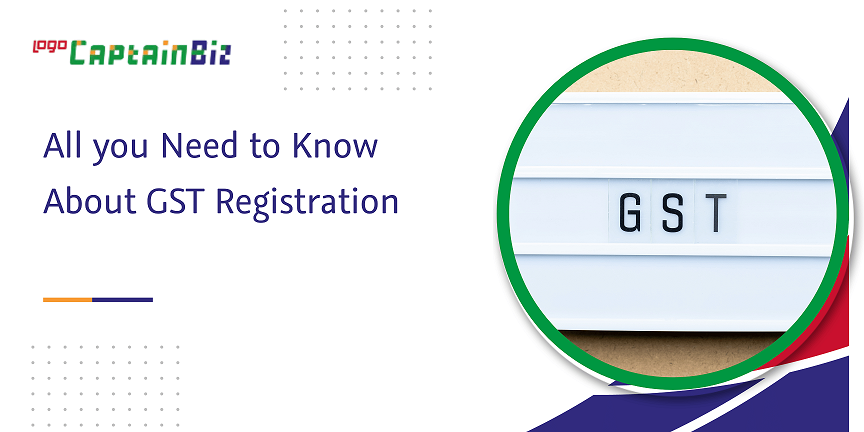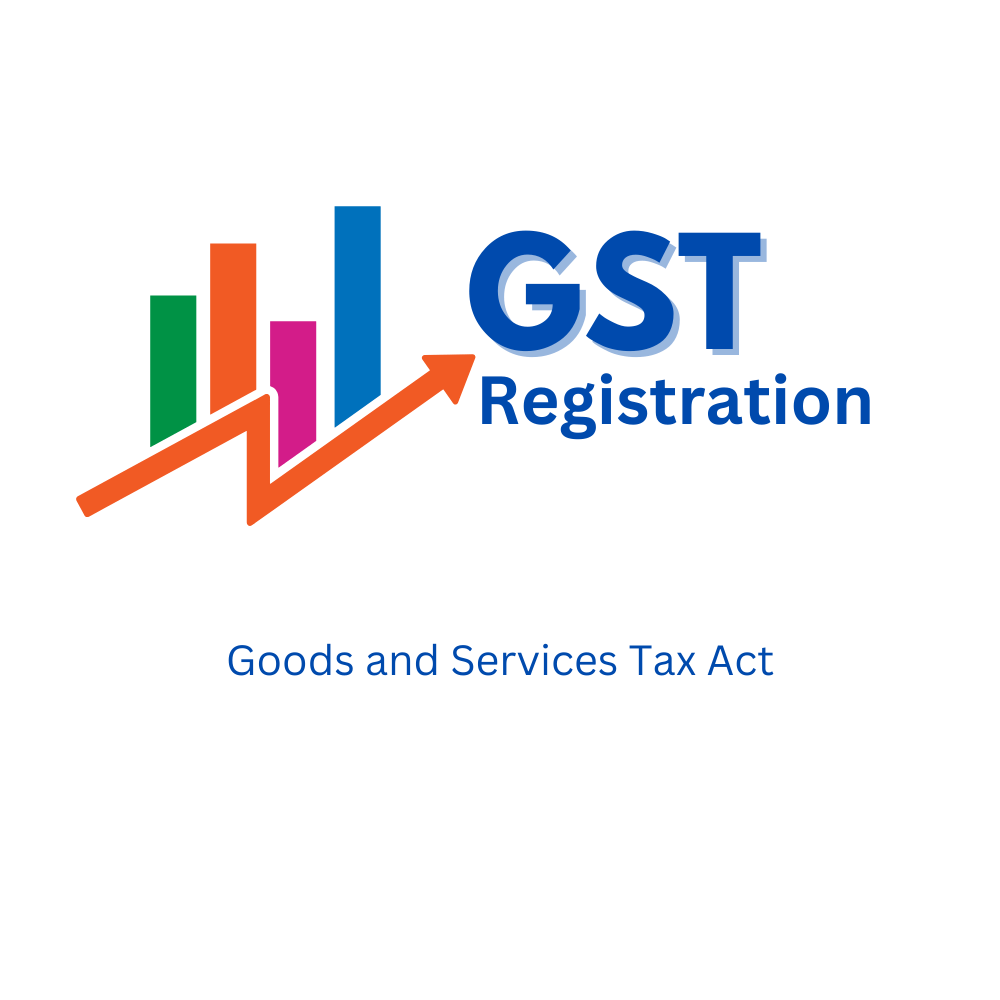How to Navigate Singapore GST Registration for Your Business
Wiki Article
The Ultimate Overview to Simplifying the GST Registration Process and Requirements for Small Service Owners

Recognizing GST Basics
To understand the principles of the Product and Provider Tax (GST) system, small company proprietors should initially understand its underlying effects and concepts. GST is a value-added tax imposed on a lot of goods and solutions for domestic consumption. It aims to enhance the tax procedure by changing several indirect taxes enforced by the state and main federal governments. Under the GST routine, companies are needed to register and gather tax obligation in behalf of the federal government, making sure openness and compliance.One of the vital principles of GST is input tax obligation credit rating, which permits businesses to claim credit rating for taxes paid on their purchases. Comprehending these standard concepts is important for small service owners to browse the complexities of the GST system and make sure conformity with the law.
Qualification Criteria for Registration
Having established a foundational understanding of GST concepts, small company owners should currently fulfill specific eligibility standards to proceed with the enrollment procedure. In India, entities took part in the supply of goods or services with a yearly accumulation turnover going beyond Rs. 40 lakhs (Rs. 10 lakhs for special group states) are required to register for GST. Furthermore, certain organizations such as those included in inter-state supply of products, laid-back taxable individuals, and those called for to pay tax obligation under the reverse cost system have to sign up for GST regardless of their turn over. Services that were registered under the previous tax obligation program (VAT, solution tax, etc) are also mandated to register under GST. Farming businesses that only supply produce out of main production are excluded from GST enrollment. It is crucial for company proprietors to thoroughly analyze their qualification based upon these criteria to guarantee compliance with the regulation and avoid any kind of charges for non-compliance.Files Required for GST Registration

Simplified Registration Refine Steps
Complying with the collection and verification of the requisite files, the enrollment process for GST can be navigated via a series of streamlined actions made to promote efficient conformity for little company owners. The initial step entails seeing the GST website and selecting the 'New Registration' option. Consequently, the candidate has to complete Part A of the GST REG-01 type with information such as frying pan, mobile number, and e-mail address to acquire an OTP for confirmation. When the OTP is obtained and entered, a Temporary Referral Number (TRN) is produced for further process. The next browse around here action calls for filling up out Component B of the kind with needed business details, uploading sustaining documents, and finishing the verification procedure utilizing DSC or EVC. Upon successful confirmation, an Application Recommendation Number (ARN) is issued, showing the conclusion of the GST enrollment process. By adhering to these streamlined actions, local business proprietors can efficiently register for GST and guarantee compliance with tax guidelines.Tips for Ensuring Compliance
To preserve regulatory adherence and functional integrity, persistent oversight and aggressive procedures are crucial in guaranteeing compliance with GST requirements for small business proprietors. Tiny organization click here to find out more proprietors need to remain upgraded with GST guidelines, filing due dates, and any kind of adjustments in tax obligation prices to stay clear of penalties and preserve an excellent standing with tax authorities. Going to GST recognition workshops or training programs can enhance understanding and compliance with GST regulations, inevitably profiting the business in the lengthy run.
Verdict
In conclusion, small service owners must recognize the essentials of GST, meet the eligibility requirements, collect needed papers, and follow the simplified enrollment process actions to ensure compliance. By streamlining the GST registration procedure and requirements, small business owners can avoid fines and operate their companies efficiently within the legal framework - Singapore GST Registration. It is crucial for local business proprietors to stay compliant and informed with GST policies to maintain a successful company procedureSmall business owners looking for GST registration need to guarantee they gather and submit the needed papers to complete the registration procedure successfully. The records required for GST registration generally include proof of business registration or consolidation, PAN (Long-term Account Number) card of the company entity, identity and address evidence of the promoters/partners/directors, pictures, address proof of the useful link area of business, financial institution account declarations or canceled cheques, and permission forms. Going to GST awareness workshops or training programs can enhance understanding and compliance with GST laws, ultimately profiting the service in the long run.
By streamlining the GST enrollment process and needs, small organization proprietors can avoid penalties and run their companies smoothly within the lawful structure. It is vital for little business owners to stay certified and enlightened with GST policies to keep a successful service operation.
Report this wiki page